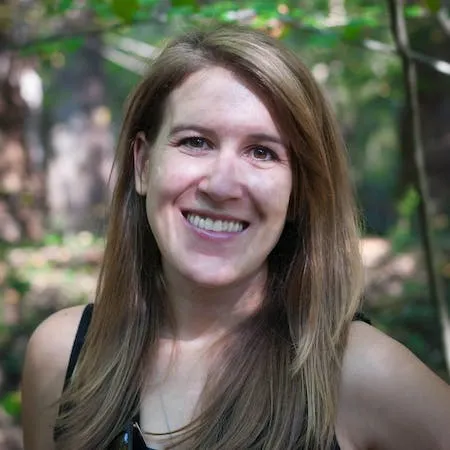Colombian coffee is a global industry, and holds important cultural value exemplified through the declaration of the Colombian Coffee Cultural Landscape as a UNESCO World Heritage site. Within Colombia, as well as within most tropical countries, tropical forests are continuously under threat from agriculture, and at the same time, are essential for production of most crops through the provision of services, such as pollination services, water services, and many more. Extensive coffee production greatly impacts ecosystems at various levels. Coffee corporations, along with local producers and distributors, are oftentimes unaware of the dependencies required to grow coffee, the magnitude of this dependency, particularly in terms of pollination, water quantity and quality, watershed sedimentation, or the impacts of production on local ecosystems. And on the importing country side, the European Union has a particular policy interest in importing deforestation free commodities, and with new transparency information, are primed to create new policies linked to purchasing practices. Through the Trase initiative lead by the Stockholm Environment Institute and the Global Canopy Program (https://trase.earth), Conservation International is working with a consortium of NGOs, Universities, and other actors to create a transparent Colombian coffee supply chain. We are spatially linking ecosystem dependencies and footprints to coffee supply chain actors, such as cooperatives, exporters, importers, and importing countries. The Trase initiative is the first instance of supply chain transparency linking all coffee corporations working within Colombia to their production regions, and subsequently to their social and environmental impacts, and ecosystem dependencies in those regions.
Presenters

Margot Wood
Dr. Margot Wood is an Associate Scientist at Conservation International on the Global Synthesis Team in the Gordon and Betty Moore Center for Science. Her research focuses on global commodity supply chains and ecosystem service dependencies, with the specific goal of developing transparency to help achieve zero deforestation commodities, and to understand nature's role in global production systems. Specifically, her project aims to enact Colombian coffee supply chain transparency through partnership with the Trase Initiative (https://trase.earth), and to understand which ecosystems are...

Margot Wood
Dr. Margot Wood is an Associate Scientist at Conservation International on the Global Synthesis Team in the Gordon and Betty Moore Center for Science. Her research focuses on global commodity supply chains and ecosystem service dependencies, with the specific goal of developing transparency to help achieve zero deforestation commodities, and to understand nature's role in global production systems. Specifically, her project aims to enact Colombian coffee supply chain transparency through partnership with the Trase Initiative (https://trase.earth), and to understand which ecosystems are essential for current and future coffee production in the face of changing land uses and climate.
Margot's background is in tropical and spatial ecology, and conservation. Last year, she served as a Visiting Professor in the Environmental Studies Program at Fort Lewis College, and prior to that, she received her PhD from Texas A&M University in the NSF-IGERT Applied Biodiversity Science Program and her BS in Biology from the University of California, Davis. She is generally interested in how policies impact on-the-ground spatial and ecological processes, and finds the integration of social and natural science exceedingly important when tackling complex conservation issues.